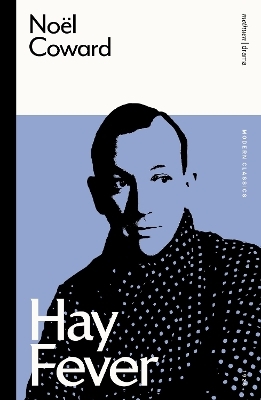
Introduction
Noël Coward, an iconic figure in British theatre and literature, is celebrated for his sharp wit, memorable songs, and influential plays. Born in 1899, Coward became a household name in the 20th century, and his works remain relevant in today’s cultural landscape. His ability to blend comedy and poignant social commentary has made a lasting impact on both theatre and popular music, establishing him as a key figure in the arts.
Noël Coward’s Early Years
Born in London, Coward showed artistic promise from a young age, enrolling in drama school at just 12 years old. His early career saw him writing and performing in a variety of stage productions. The 1920s marked his rise, with the debut of plays such as “Hay Fever” and “Design for Living,” showcasing his trademark blend of sophistication and sardonic humour.
Major Works and Achievements
Coward’s extensive body of work spans over several decades, encompassing plays, musicals, and scores. He produced notable works such as “Blithe Spirit,” “Private Lives,” and “The Vortex,” which continue to be performed globally. A multi-talented artist, he composed songs, including the timeless “Mad Dogs and Englishmen” and “I’ll See You Again,” which capture the essence of British wit.
His contributions to theatre earned him numerous accolades, including several Tony Awards and a special Olivier Award. In 1970, he was honoured with a knighthood for his services to drama, cementing his place as a cultural icon in Britain and beyond.
The Lasting Influence of Coward’s Work
Following his death in 1973, Coward’s influence on theatre and music has only grown. His works explore themes of love, class, and the tensions of society, proving surprisingly timeless. Modern playwrights and composers cite Coward as a significant source of inspiration, further illustrating his relevance in contemporary discussions of art and culture.
Conclusion
Noël Coward’s legacy endures as a testament to his genius as a playwright and composer. His works, characterised by a blend of sophisticated humour and acute social commentary, continue to resonate with audiences today. As we celebrate new adaptations and take note of his profound influence on modern theatre, it is clear that Coward’s contribution to the arts will be cherished for generations to come. His life reminds us of the power of creativity and the importance of art in society.
You may also like

Remembering Matthew Perry: A Look at His Life and Legacy

The Enduring Legacy of James Madison

The Enduring Legacy of William Roache in Coronation Street
SEARCH
LAST NEWS
- Remembering Wendy Richard: The Promise to Co-Star Natalie Cassidy
- How Did Anglian Water Achieve an ‘Essentials’ Rating for Mental Health Accessibility?
- Shai Hope Leads West Indies in T20 World Cup Clash Against South Africa
- What We Know About Weston McKennie: Future at Juventus and Past at Leeds
- What We Know About the Upcoming Live Nation Antitrust Trial